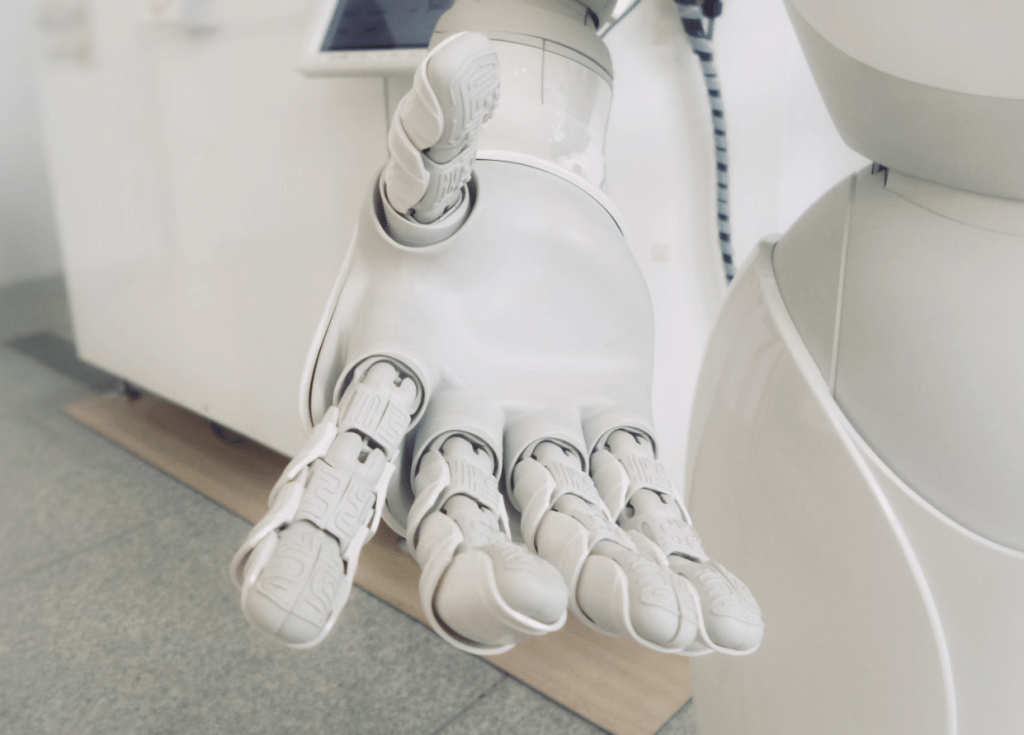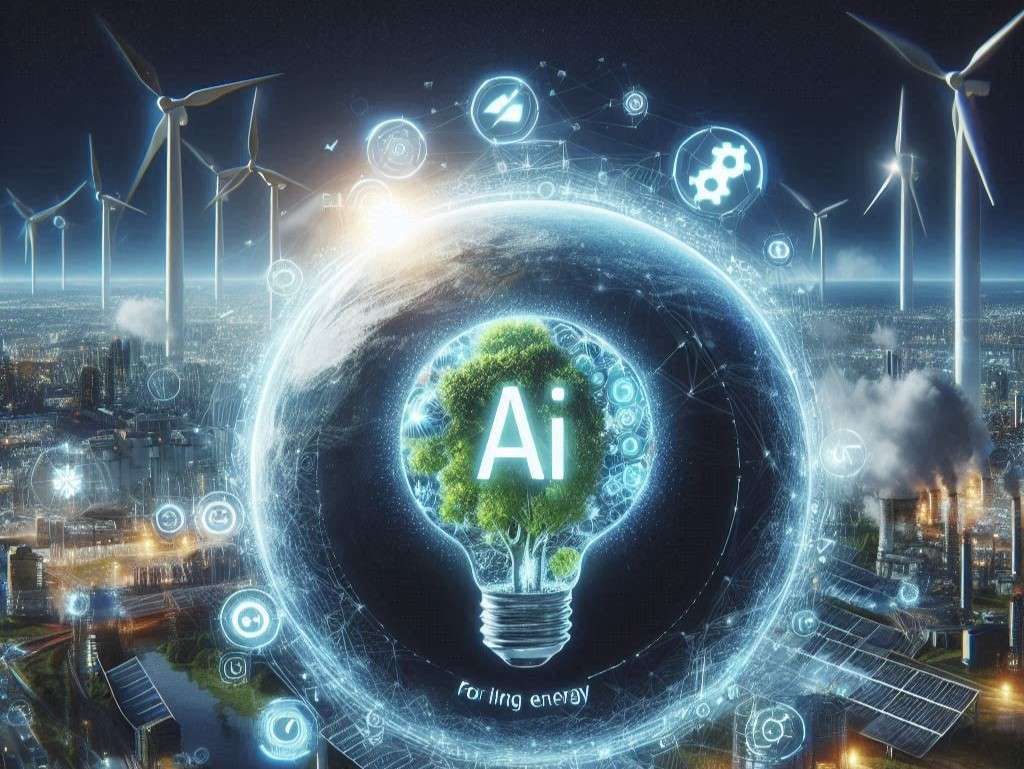The Rise of AI in Recruitment: Revolutionizing Talent Acquisition
How AI in Recruitment can be a powerful resource for HR Departments worldwide? Explore what are the pros and cons for using AI in the recruitment process
In recent years, artificial intelligence (AI) has made significant strides across various industries, and recruitment is no exception. The integration of AI into recruitment processes is transforming how organizations attract, evaluate, and hire talent. This evolution promises not only to streamline recruitment but also to enhance the quality of hires and foster a more diverse and inclusive workforce. Let’s explore the key aspects of AI in recruitment and its profound impact on the industry.
Automation of Administrative Tasks
One of the most immediate benefits of AI recruitment is the automation of repetitive administrative tasks. Traditional recruitment involves a myriad of tasks such as sorting through resumes, scheduling interviews, and managing candidate databases. AI-powered tools can handle these tasks efficiently, freeing up recruiters to focus on more strategic activities. For instance, AI can automatically parse resumes, match candidates to job descriptions, and even rank them based on predefined criteria. This automation significantly reduces the time and effort involved in the initial screening process.
Enhanced Candidate Sourcing
AI has revolutionized candidate sourcing by enabling recruiters to tap into a broader talent pool. Traditional methods often rely on job boards and career websites, but AI-powered sourcing tools can search through social media profiles, online portfolios, and other digital footprints to identify potential candidates. These tools use advanced algorithms to match candidates’ skills and experiences with job requirements, ensuring a more precise fit. Additionally, AI can help identify passive candidates who are not actively seeking new opportunities but may be open to the right offer.
Improved Candidate Assessment

Assessing candidates accurately is crucial for making informed hiring decisions. AI tools can enhance this process through various means. For example, AI-driven assessment platforms can analyze candidates’ responses to pre-employment tests, video interviews, and even their digital interactions. Natural language processing (NLP) can evaluate communication skills, while machine learning algorithms can identify patterns in candidates’ answers that correlate with job success. Furthermore, AI can help eliminate unconscious bias in assessments, promoting a fairer evaluation process.
Personalized Candidate Experience
Providing a positive candidate experience is essential for attracting top talent. AI can personalize the recruitment process by offering tailored communication and feedback to candidates. Chatbots, powered by AI, can engage with candidates in real-time, answering their queries, providing updates on application status, and even conducting initial interviews. This level of interaction ensures that candidates feel valued and informed throughout the recruitment journey.
AI in Recruitment for Data-Driven Decision Making
AI empowers recruiters with data-driven insights that enhance decision-making. By analyzing historical hiring data, AI can identify trends and patterns that inform recruitment strategies. For instance, AI can predict the success of a candidate based on factors such as educational background, work experience, and previous job performance. These predictive analytics enable recruiters to make more informed choices, reducing the risk of bad hires and improving overall workforce quality.
Promoting Diversity and Inclusion with AI Recruiting

AI has the potential to address biases that often plague traditional recruitment processes. By focusing on objective criteria and removing human biases from initial screenings, AI can promote a more diverse and inclusive workforce. Additionally, AI can analyze job descriptions to ensure they are free from biased language that might deter certain groups from applying. By fostering diversity, organizations can benefit from a wider range of perspectives and ideas, ultimately driving innovation and growth.
Ethical Considerations and Challenges of AI in Recruitment
While the benefits of AI in recruitment are substantial, it is essential to address ethical considerations and challenges. The reliance on AI algorithms raises concerns about transparency and accountability. Organizations must ensure that their AI systems are free from biases and that their decision-making processes are explainable. Regular audits and updates to AI models are necessary to maintain fairness and accuracy. Additionally, the human element in recruitment should not be entirely eliminated. AI should augment, not replace, human judgment and intuition in the hiring process.
Conclusion
AI is undoubtedly transforming the recruitment landscape, offering numerous advantages in terms of efficiency, accuracy, and fairness. By automating administrative tasks, enhancing candidate sourcing and assessment, personalizing the candidate experience, and promoting data-driven decision-making, AI Recruiting is revolutionizing how organizations acquire talent. However, it is crucial to navigate the ethical challenges and ensure that AI is used responsibly to foster a diverse and inclusive workforce. As AI continues to evolve, its impact on recruitment will only grow, promising a future where talent acquisition is smarter, faster, and more equitable.



